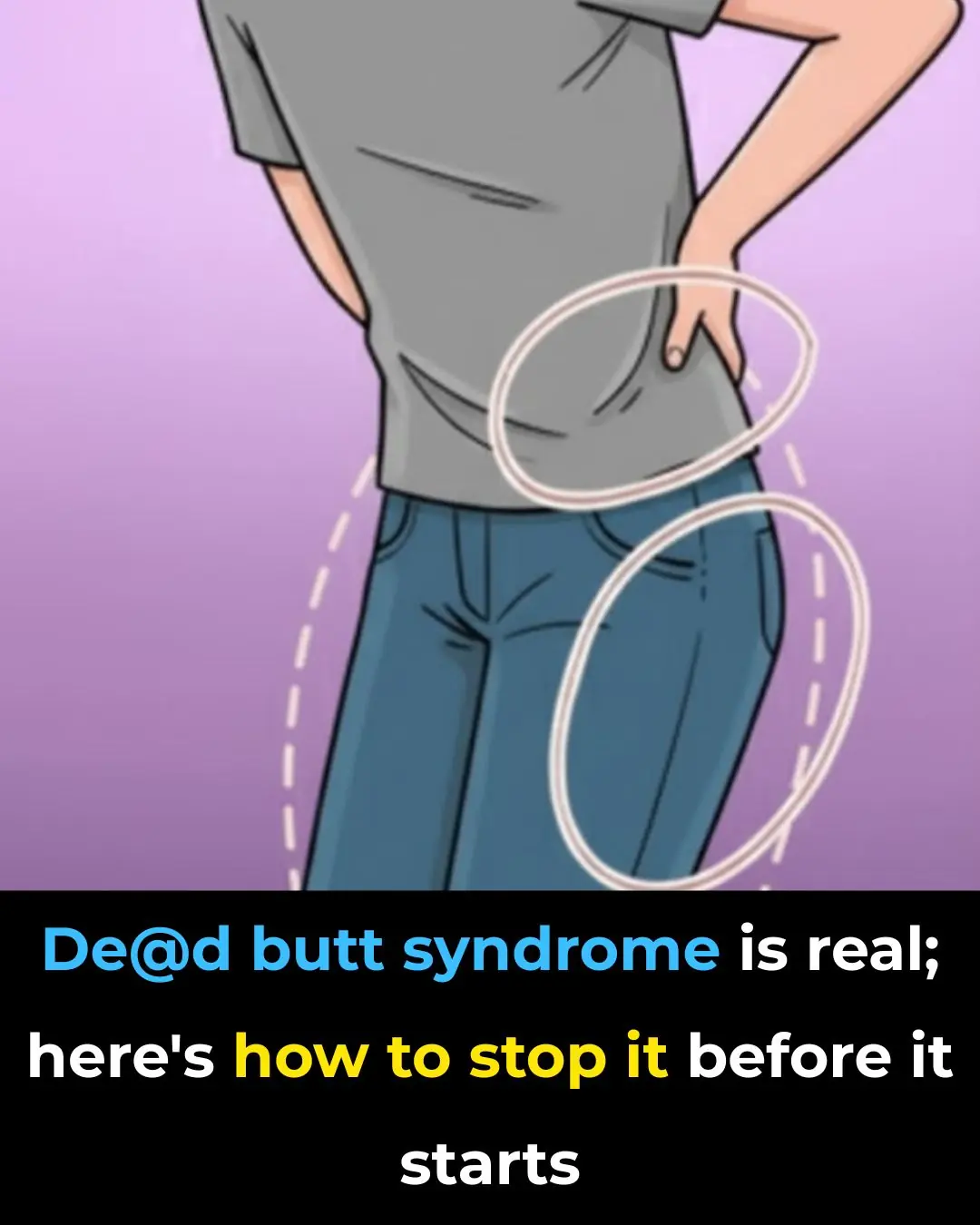
DoorDash Steps Up: Free Deliveries for SNAP Recipients as Federal Assistance Nears Collapse
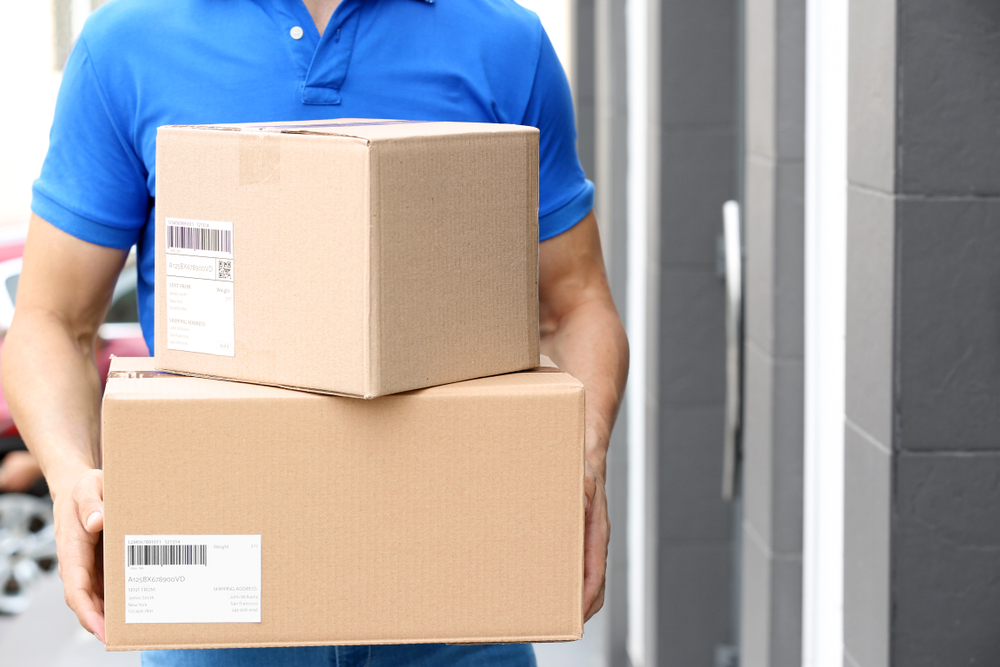
When a Nation Teeters on the Edge of Hunger
When economic uncertainty strikes, it rarely hits evenly. The first and hardest hit are often those already living on the edge — families balancing grocery bills against rent, seniors rationing medication to make ends meet, and working parents skipping meals so their children can eat.
Now, as the United States faces a potential federal shutdown that could suspend Supplemental Nutrition Assistance Program (SNAP) benefits for more than 40 million Americans, the stakes could not be higher. Into this moment of looming crisis has stepped an unlikely player: DoorDash. The delivery giant has announced an ambitious humanitarian effort — waiving delivery and service fees for SNAP users and coordinating the delivery of over one million free meals nationwide.
This initiative, part of the company’s Emergency Food Response, reflects a growing urgency that food banks and advocacy groups have described as a “food emergency in real time.” The timing is critical, as millions brace for the potential loss of federal food support. DoorDash’s action is one of the most visible private-sector efforts yet to address the widening hunger gap — and it arrives at a moment when food insecurity in America is surging to levels unseen in decades.
A Nation on the Brink
SNAP, once known as the food stamp program, remains the nation’s largest and most vital anti-hunger safety net. It currently supports an estimated 21 million children, 16 million working families, and 5 million seniors. Should federal funds lapse, these households could experience an abrupt halt in benefits — a disruption that would ripple through communities almost immediately.
The consequences would be devastating. Local food banks, already stretched thin, would face an influx of families desperate for help. According to Feeding America, food insecurity has surged sharply in recent years, fueled by inflation, stagnant wages, and the lingering economic aftershocks of the pandemic. In 2024 alone, more than 44 million Americans — including 13 million children — struggled to afford adequate food. Those figures underscore not just temporary hardship but a chronic, systemic failure to ensure food access as a basic human right.
Eric Mitchell, President of the Alliance to End Hunger, captured the urgency of the situation:
“The food security of millions of people who rely on SNAP is at dire risk. The only viable solution is ensuring SNAP benefits continue in full — and immediately. We are thankful for companies like DoorDash stepping up to help fill the gap.”
His words underscore a difficult truth: while corporate initiatives can soften the blow, they cannot substitute for government action. Hunger is not just a logistical problem — it’s a policy one.
DoorDash’s Emergency Food Response: How It Works
DoorDash’s Emergency Food Response is a nationwide mobilization of its ongoing Project DASH program, which already partners with more than 300 food banks and pantries to deliver meals directly to those in need.
This November, the company is waiving merchant fees for all Project DASH partners and coordinating the delivery of an estimated one million free meals to vulnerable communities across the country. The effort is both logistical and moral — an attempt to bridge a widening gap during a period of deep national uncertainty.
In addition, DoorDash has partnered with major grocery retailers — including Sprouts, Dollar General, Schnucks, Food Lion, Giant Foods, Hannaford, Hy-Vee, and Wegmans — to waive delivery and service fees for around 300,000 grocery orders placed by SNAP recipients. For families already stretching every dollar, the removal of these small but persistent costs can mean the difference between affording a week’s groceries or going without.
Households linking their SNAP or EBT cards to DoorDash can access these benefits directly through the app. This makes grocery delivery more accessible for seniors, individuals with disabilities, and those living in rural food deserts, where grocery stores are often miles away and public transportation is limited. In many ways, this initiative provides more than food — it restores a degree of dignity and independence to those who need it most.
The Real-Life Impact on Families

For low-income families, small interventions add up. With grocery prices up nearly 25 percent since 2020, even a few dollars saved per order can stretch a tight budget toward rent, utilities, or medical costs.
According to the Urban Institute, SNAP benefits typically cover only about two-thirds of a family’s monthly grocery needs. The rest must be filled through personal savings, credit, or food pantries — options that are increasingly out of reach for many. When federal aid stalls, food pantries often run dry within days.
By expanding Project DASH, DoorDash helps bypass one of the biggest obstacles: access. Delivering directly to households removes the burden of transportation and long wait times that often prevent the most vulnerable — especially the elderly and disabled — from accessing food aid.
Max Rettig, DoorDash’s Vice President and Global Head of Public Policy, put it plainly:
“No one should go hungry in America, period. Fighting hunger is core to our mission, and while this initiative can’t replace government programs, it can ease immediate suffering. Doing nothing simply isn’t an option.”
His statement reflects a new reality: the private sector is increasingly expected to step in when public systems falter.
Beyond the Headlines: A Deeper Crisis
DoorDash’s move, though laudable, highlights an uncomfortable paradox — corporate compassion cannot compensate for systemic neglect. Hunger in the United States is not caused by a lack of food but by a lack of equitable access.
Food insecurity is intertwined with rising housing costs, low wages, healthcare debt, and regional inequality. In both rural and urban areas, food deserts are expanding as grocery chains close and prices surge. The USDA estimates that 19 million Americans now live in areas with limited access to affordable groceries. For them, the nearest store might be an hour’s drive away — an impossible distance for those without reliable transportation.
Experts warn that America’s growing dependence on short-term corporate relief, rather than sustainable reform, points to a fragile and fragmented safety net. Initiatives like DoorDash’s provide vital relief, but they also expose how dangerously thin that net has become.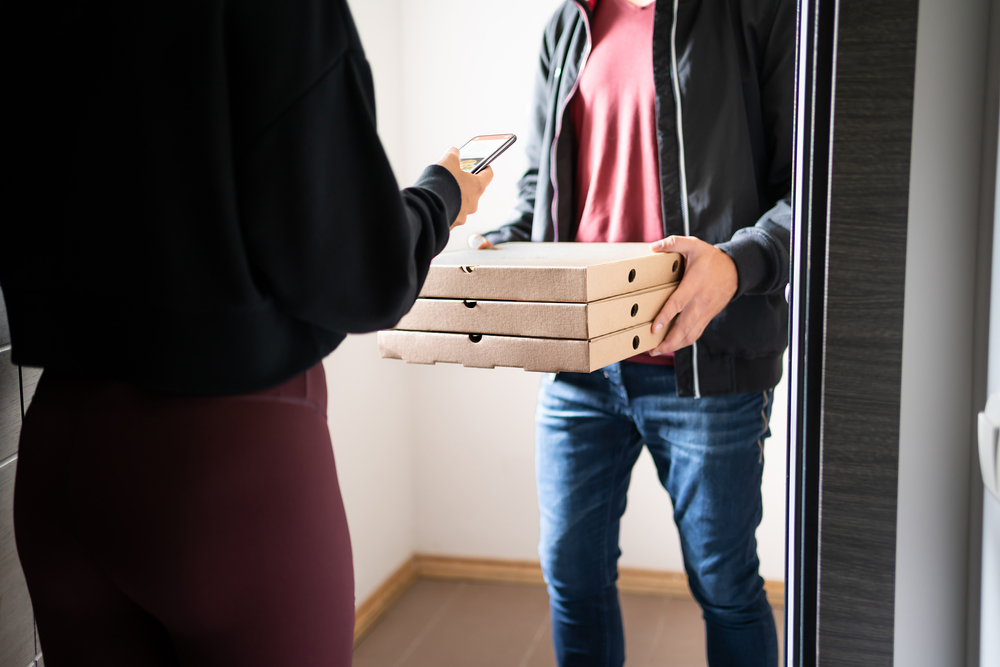
The Role of Community and Collective Action
DoorDash has called on other organizations, companies, and individuals to join this national effort — not only by donating but by volunteering and advocating for systemic change.
Communities can contribute through food drives, monetary donations, or direct action. Even small efforts — donating a few canned goods weekly or volunteering a few hours a month — compound into large-scale impact when done collectively.
Equally important is advocacy. Citizens reaching out to elected officials to demand continued and expanded funding for SNAP and related programs can influence long-term policy. Hunger is not inevitable; it’s the result of policy choices — and those choices can be changed.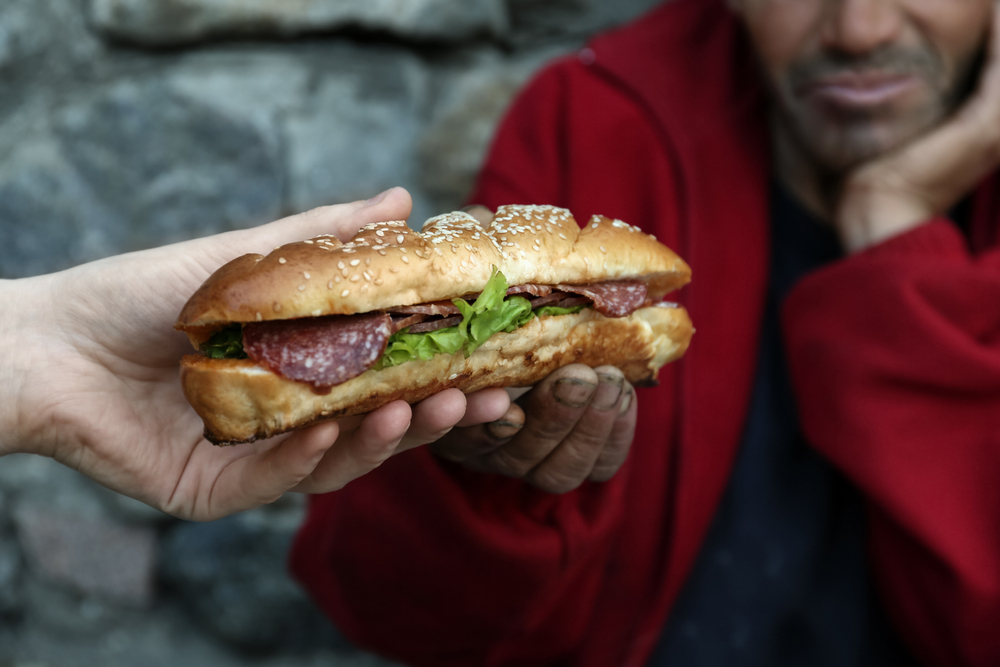
A Moment to Reflect: What This Means for the Future
DoorDash’s Emergency Food Response stands as both a humanitarian gesture and a wake-up call. It reveals how deeply intertwined the private and public sectors have become in addressing what should be a government responsibility — ensuring that no one in America goes hungry.
In the short term, this initiative will keep food on tables that might otherwise be empty. But in the long term, true stability will require systemic reform — policies that address poverty at its root, raise wages, and make food access a universal guarantee rather than a privilege.
DoorDash’s actions remind us of a timeless truth: when one system fails, another must step up. Yet compassion should not become a substitute for justice. The ultimate goal is not to perfect emergency responses but to make them unnecessary — to build a society where every person can meet their most basic needs without fear or dependence.
As the country waits to see whether federal aid will resume, millions of Americans are left in limbo. And while DoorDash’s actions cannot fix a broken system, they do something just as vital in the moment: they remind us that empathy still matters — and that collective care remains one of the nation’s greatest strengths.
News in the same category


The Shoes You Pick Reveal What Kind of Woman You Are

Stop This Spider From Entering Your Home

Why We Can’t Sleep Without a Blanket Even on Hot Nights

Scientists Reveal Interoception, the Amazing Sixth Sense of Humans

Trump Blasts TIME Magazine for Unflattering Cover Photo

Nostradamus’s Predictions About Cats In The Home

Here’s Why Many Couples Start Sleeping In Separate Beds After 50

Conveniently keep these 3 things under the bed, no wonder the family is in chaos, has many difficulties, and still works hard

5 Phrases That Indicate a Man is About to Leave His Wife for Another Woman

Can You Find The Missing Girl in the Wilderness

Why You Keep Your Room Messy According to Psychology
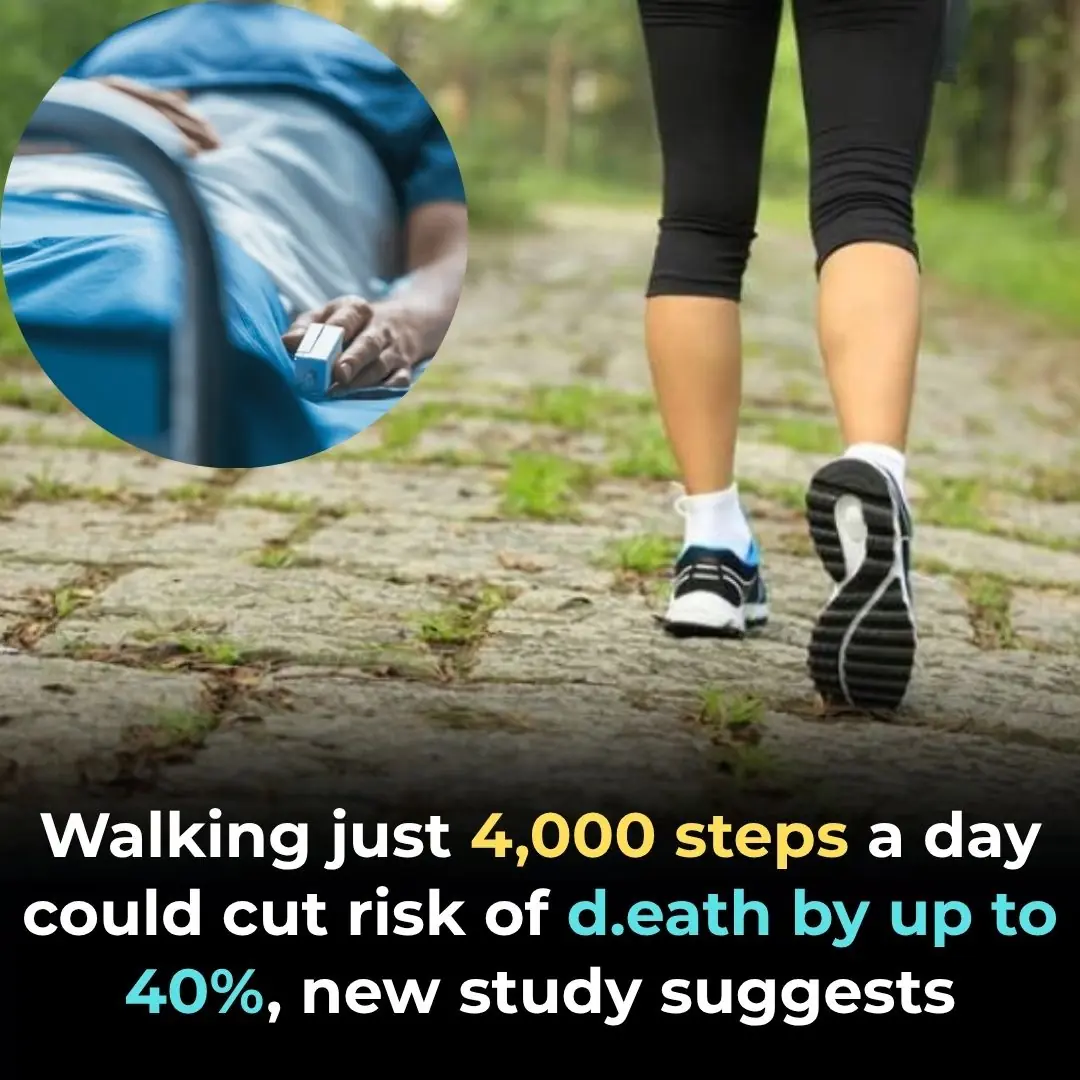
New Research Upends 10,000-Step Rule for Older Adults

How Science Reveals the Hidden Power of the Brain to Heal from Emotional Trauma

Can you spot the hidden dog? Only people with eagle eyesight can!

Can you spot the book, egg, cup, and pillow?

Scientists discover evidence of 'Adam and Eve' living 200,000 years ago

Discover Love in the Little Things: Everyday Connections
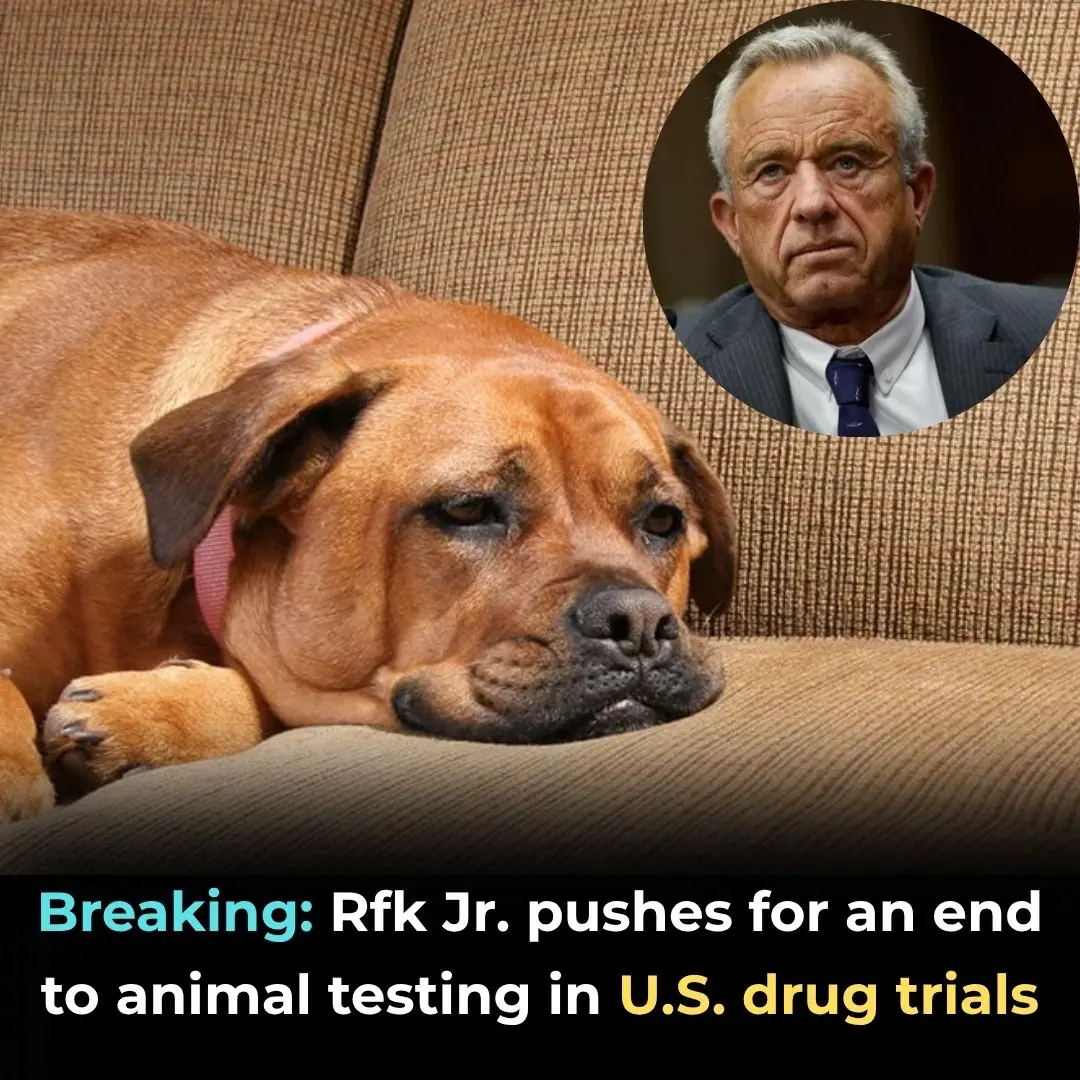
The Political Science Of Ending Animal Testing In The US
News Post

Popular Blood Pressure Drug Linked To Increased Risk of Skin And Lip Cancer

When making spring roll filling, remember 1 step carefully

Washing and conditioning hair with beer helps reduce hair loss and stimulates continuous hair growth

Soak your whole body with warm ginger water before going to bed.

Discover the Meaning of a Black Cat Approaching You

Add ice cubes to the bone broth

11 Benefits of Dandelion Roots

#1 Absolute Best Toenail Fungus Cure You Can Make at Home with Just 3 Ingredients

Banana Peel & Cornstarch: A Natural Skin Hack That Could Help You Look Younger

Homemade Remedies for Varicose Veins with Onion, Garlic, and Apple Cider Vinegar

Crema Casera con Vaselina que Rejuvenece la Piel al Instante

Top 5 Natural Remedies to Shrink Enlarged Pores and Achieve Smooth Skin

DIY Onion Sunflower Seed Oil: Get New Hair In Bald Patches

Homemade Carrot Oil for Glowing Skin: A Natural Solution for Dark Spots, Wrinkles & Anti-Aging

Glow Ice: Rice Water Cubes to Shrink Pores and Get Clear, Radiant Skin

The Body’s Intuition: Signs of an Impending End

When boiling sweet potatoes, don't just use water, add 1 spoon of this, every tuber will be soft and sweet

Stir-fried beef is tough: Add these 3 steps, the meat will be softer, sweeter, and tastier than in restaurants

The Shoes You Pick Reveal What Kind of Woman You Are
